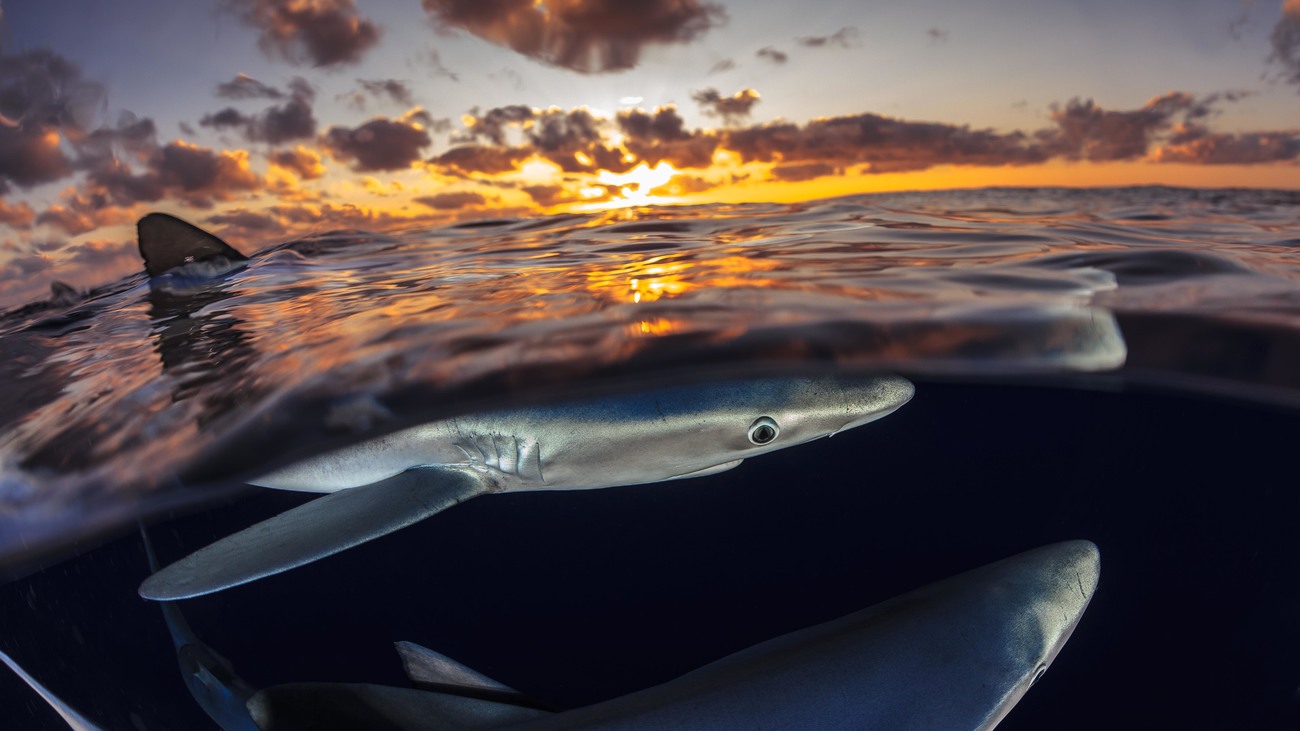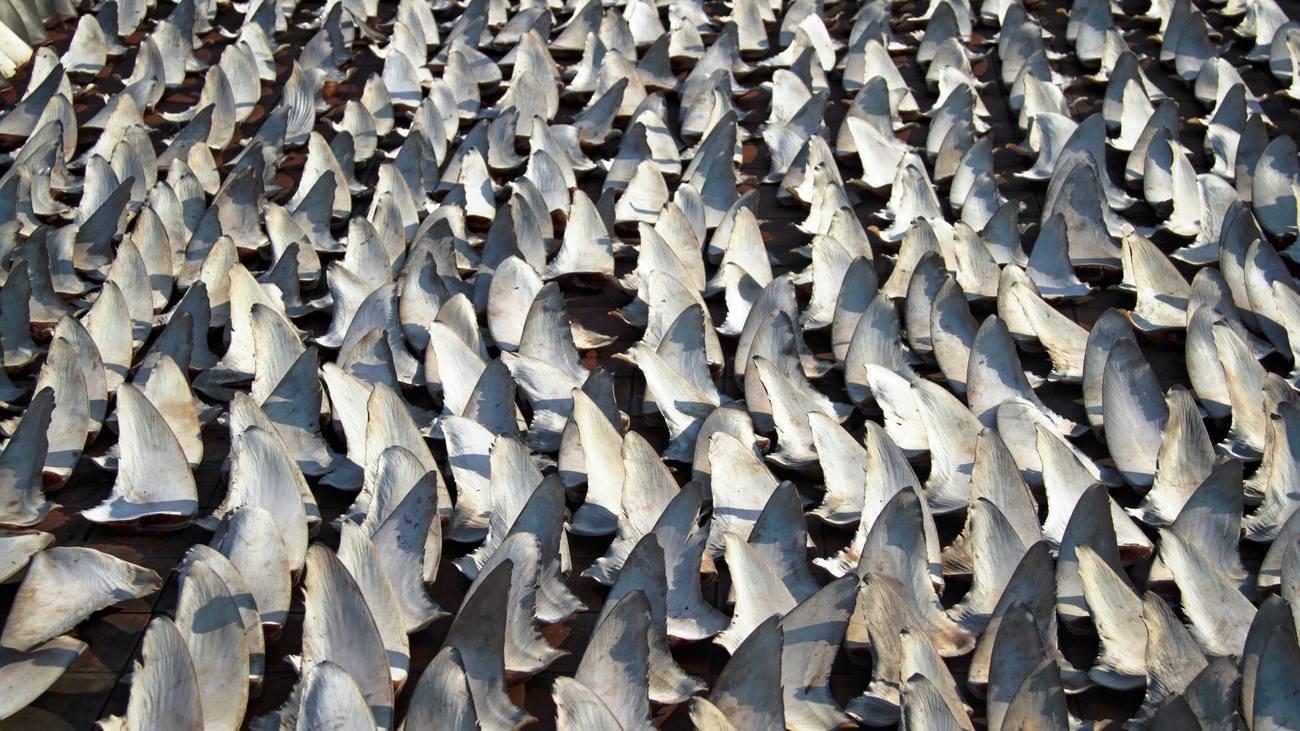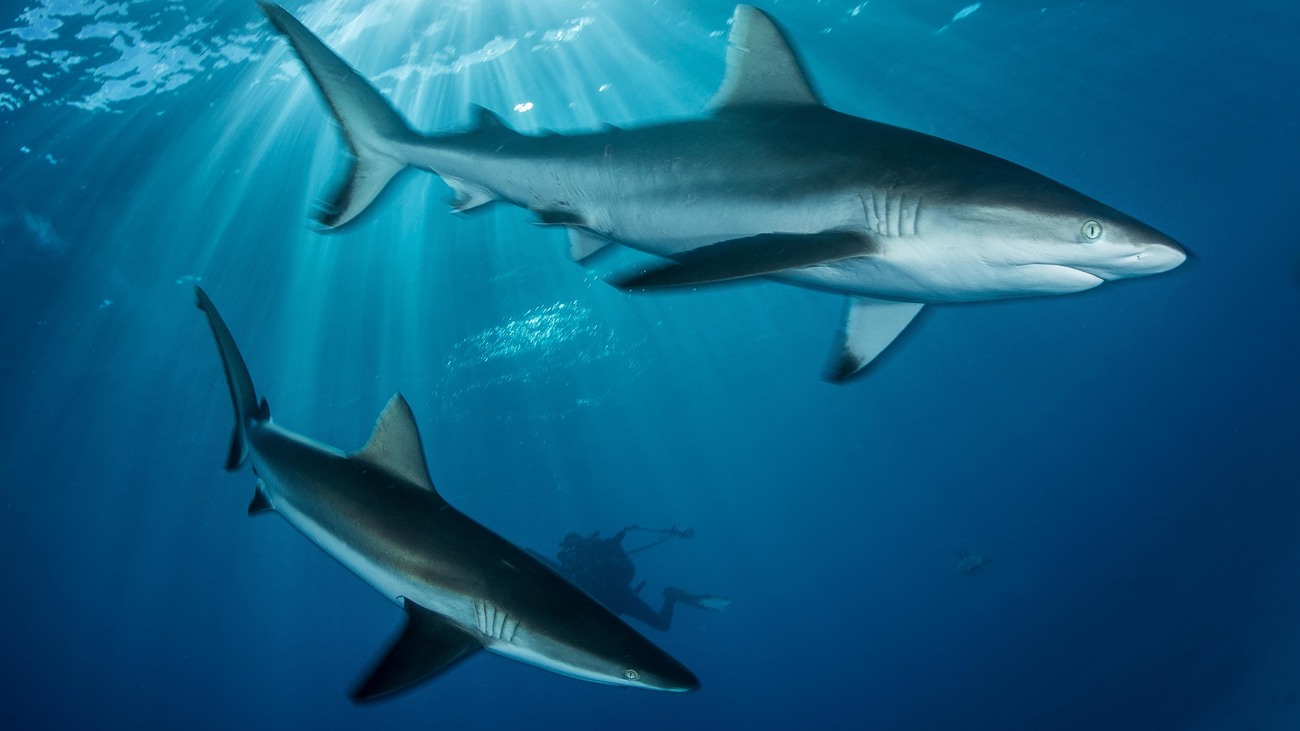Press releases
Young artists honoured in global contest celebrating World Wildlife Day 2026
Read morethe shark numbers don’t lie—the EU needs to limit the trade

After many years of working on different conservation and animal welfare campaigns, one can start to lose perspective on what certain numbers represent and may need to re-read the figures to try to visualise what they actually mean. This is what happened when we were preparing this IFAW report about the ongoing global trade in shark fins and meat. You realise that certain standalone facts are already shocking, but putting them together takes the urgency to another level. Here are three facts to contemplate for just a moment:
We risk losing these sharks in our lifetime, and nevertheless allow the continuing catch and international trade without proper management systems in place. You don’t need to contemplate these facts for long to come to the conclusion that something needs to change.

The demand for fins and meat is propelling the shocking decline in shark populations worldwide. However, while many proposed solutions focus on markets in Asia where most shark products are sold, there is another major player in this maritime tragedy that has largely evaded the spotlight—the European Union.
In this new study, IFAW examined the official customs data from the three main trade hubs in Asia where more than 50% of the global fin trade passes—Hong Kong SAR, Singapore and Taiwan, province of China—and covered an extended period (2003-2020) to detect key players and trends in the data. We came across some surprising results; a total of 188,368.3 metric tons of shark fin-related products were imported into these three trade hubs, and the EU Member States supplied a significant and growing percentage of fins in recent years.
Averaging 28% over the course of the study, the EU’s proportion of fins in trade began to steadily increase in 2017, and were the source of over 45% of all shark fin imports by 2020. Without changes in the way the EU trades shark fins, it is likely that this percentage will continue to climb. Italy, Spain and Greece are the primary importers of shark meat, while the top exporting Member States for shark fins were Spain, Portugal, the Netherlands, France and Italy.
Another startling outcome—the significant data discrepancies between the import data from the Asian hubs compared to the EU export data: the aggregated import data consistently displayed a considerably higher import figure than the corresponding export data from the EU, suggesting potential misreporting in the shark fin-related trade, which should be investigated.
The study demonstrates that the EU provides much of the world’s shark fins and it could even become the majority source of shark fins supplying these Asian trade hubs. And although many place the burden of change on the consumptive countries, primarily in Asia, equally responsible for declines in shark populations are countries with internationally operating fishing fleets and trade in shark products.

IFAW’s recommendations for the EU are as follows:
IFAW specifically urges all governments to list any species found in the shark trade in CITES Appendix II. Such a listing means that any continued trade must be proven to be legal and sustainably sourced. While not a magic fix to bring sharks back from the brink, this is a necessary first step to ensuring that the global trade is no longer a contributing factor in shark population declines.
The EU, demonstrated by our report to be a key player in global shark markets, has an important responsibility to ensure the accuracy of trade records and the enactment of sustainability requirements of sharks in trade. Taking on such a leadership role would undoubtedly influence other players to do so as well - leading to a better, sustainable future for sharks.
-Barbara Slee, IFAW EU CITES Manager, Marine, Programs
Every problem has a solution, every solution needs support.
The problems we face are urgent, complicated, and resistant to change. Real solutions demand creativity, hard work and involvement from people like you.
Unfortunately, the browser you use is outdated and does not allow you to display the site correctly. Please install any of the modern browsers, for example:
Google Chrome Firefox Safari